Swedish papers start running stories about signs of spring (vårtecken) as soon as possible after Christmas. (Sometimes even before.) This year, like last, they were wrong-footed by the weather. The winter has dragged on and on. But suddenly one morning the traditional signs of spring started to appear.
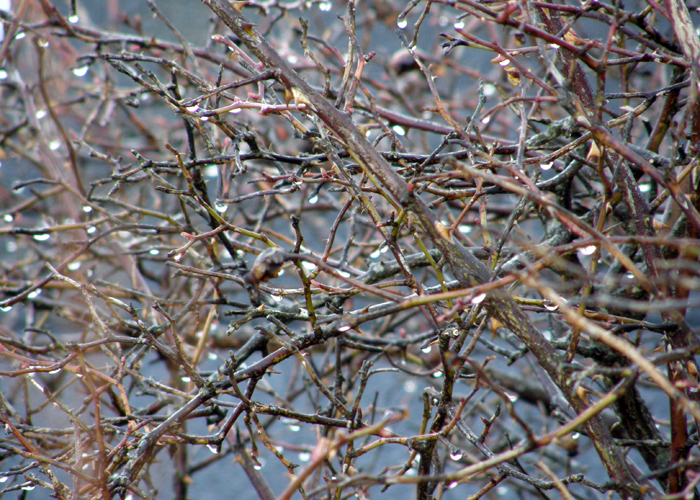
From one grey, misty morning just two weeks ago when the dew hung on the bare thorns, it was a short step to the first catkins; pollen factories that are the heralds of the spring for all hay fever sufferers. (Like me.)
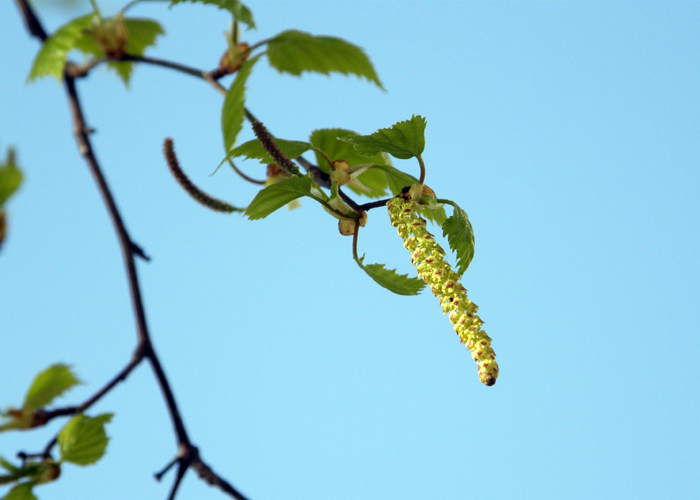
Leaf buds were not far behind, swelling up, bursting open and unfurling their delicate wet-green wings to dry in the spring sun.
The first wild flowers this year were the snowdrops, but coltsfoot (tussilago in Swedish) was quick to follow.
Then came the anemones, (Swedish blåsippor and vitsippor), and on their tail of course, the May flowers (Majblommor) which children sell for children’s charity here in the streets.
The dawn chorus swells as the birds get into the spirit of the season, starting to pair off. Not that these two below make such a great contribution. Fieldfare (Björktrast in Swedish, or Turdus pilaris in Latin) are not songbirds.
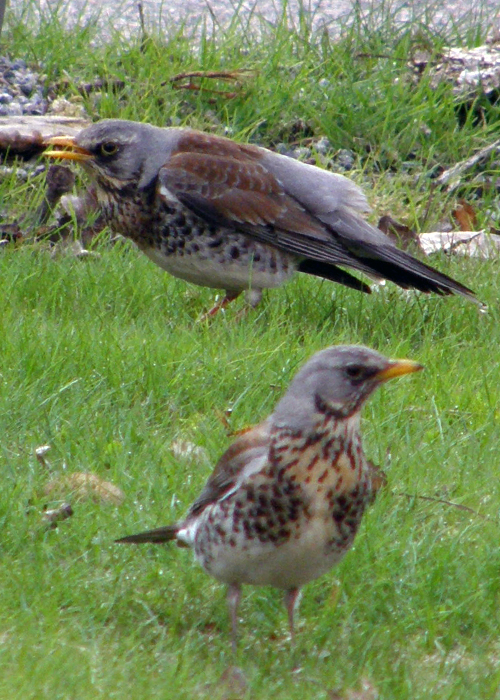
Finally, the sun draws people out of hibernation, to wrap up and take their first ice-creams sitting against south-facing walls.
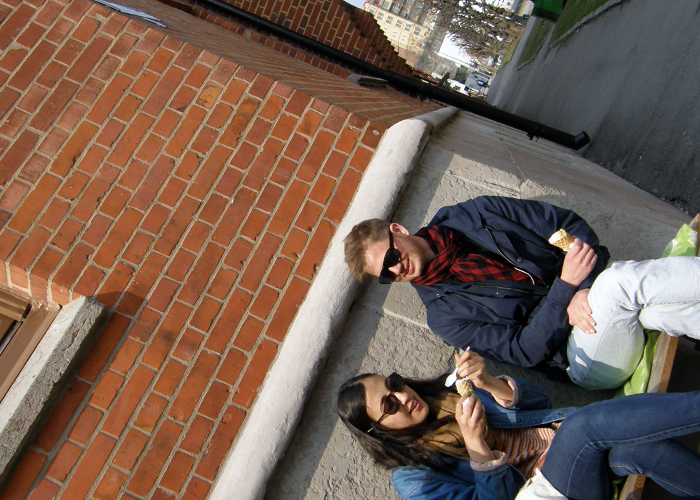
The shops start to sell Påskris, twigs of birch to stand in water at home and decorate with coloured feathers and hanging eggs.
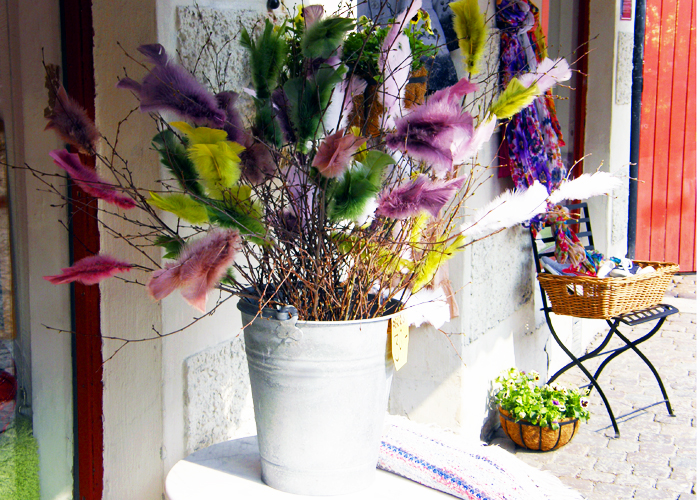
… and now … why, it’s almost summer!
I took all the pictures in the gallery over 9 days between 16th and 24th April 2011, with the exception of 8 and 9 (the beech leaves) which I took on 5th May last year.

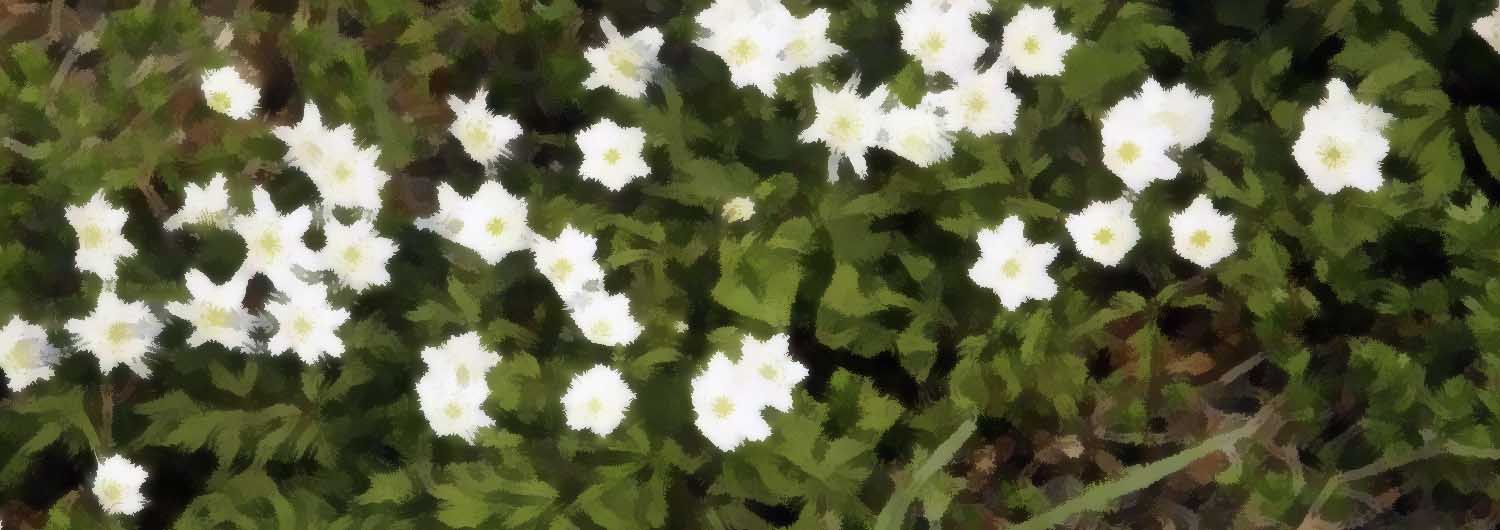
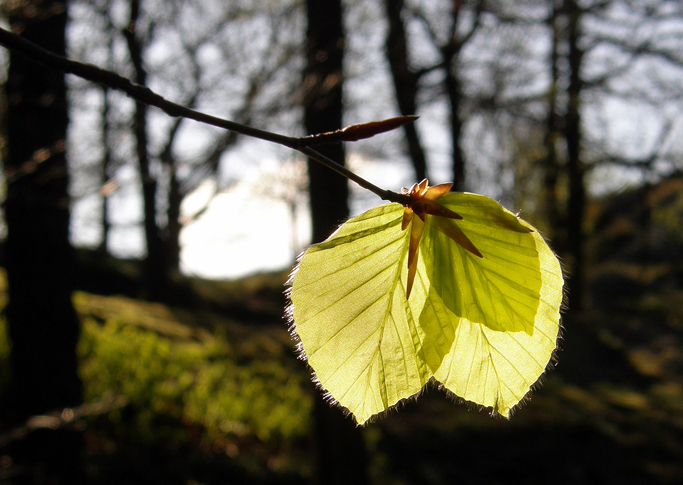
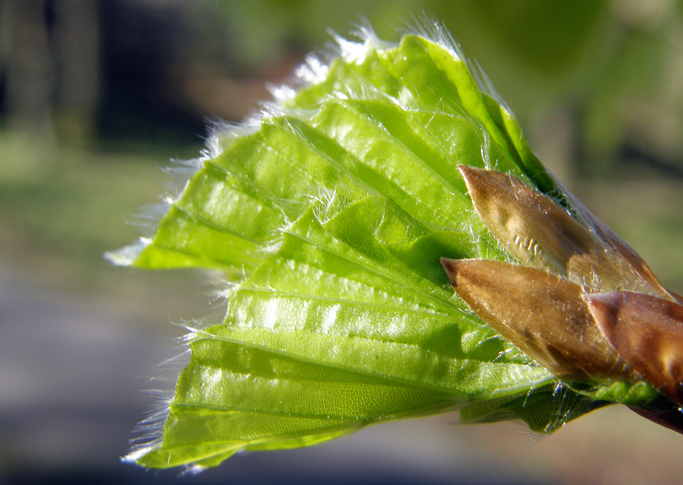
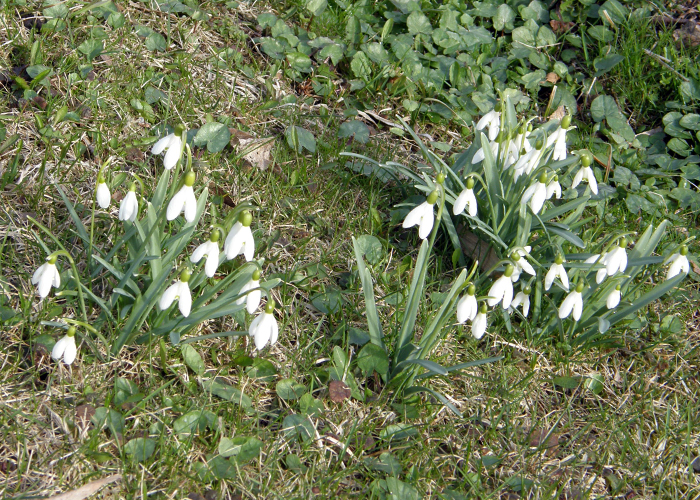
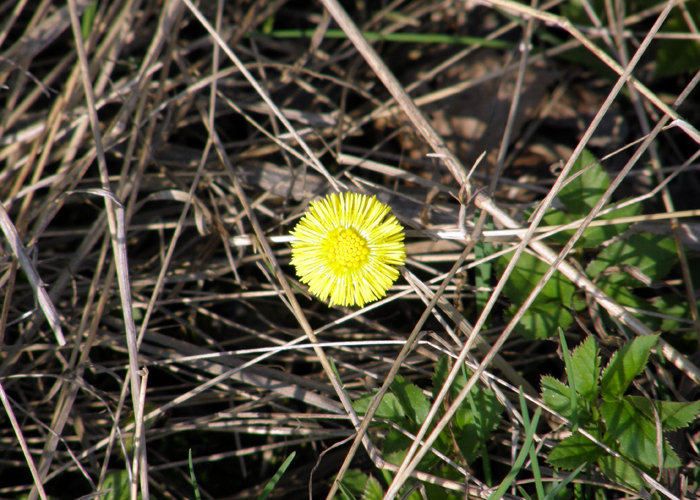
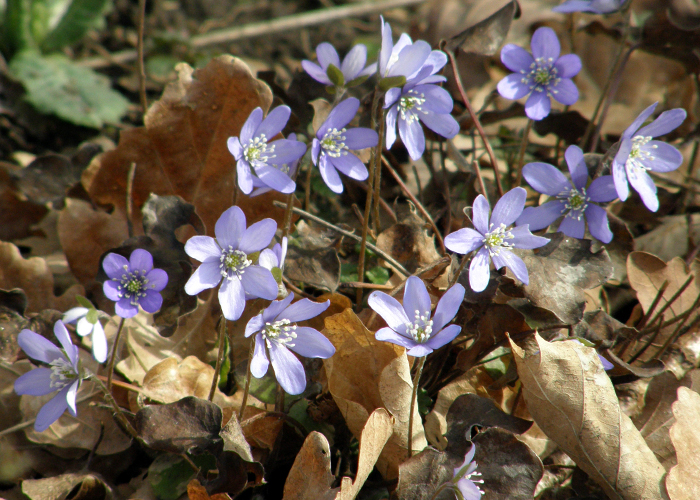
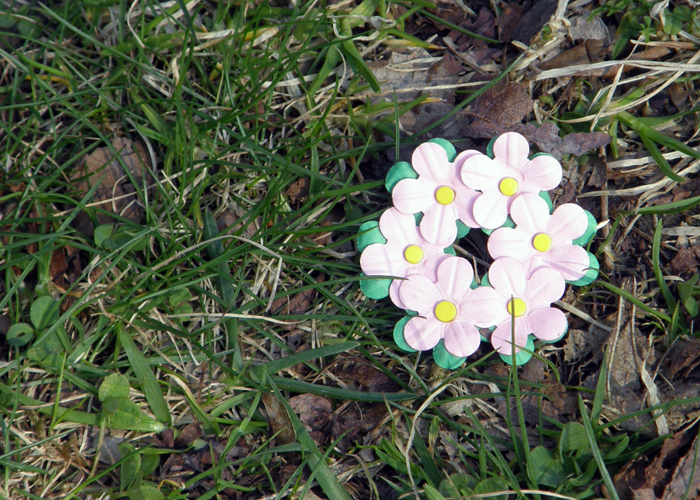
Many nice pics, no 8 is exquisite!
Thanks Lena!
I’m fascinated by the way leaves are packed into their buds. Seeing them open out it’s like watching butterflies emerge from cocoons.
Posts like this brighten up my day. Thkans for taking the time.
I’m pleased to hear that, Caroline.
Thank you.
🙂